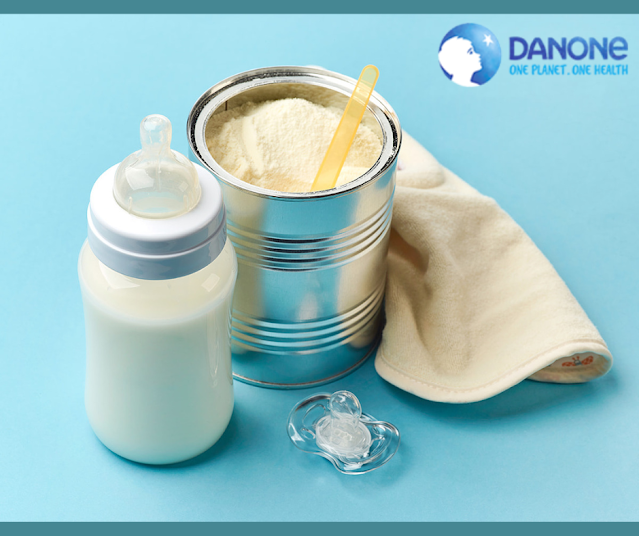How to Choose the Perfect Milk for Your Baby?
It's not always easy to figure out what kind of milk is best to switch your kid over to. As parents, we always want to provide the best baby food to our children to promote optimal growth and development. However, there has been much discussion regarding what constitutes the healthiest choice.
All of these concerns need further investigation. Cow's milk has historically been the most nutritionally well-rounded option. Unfortunately, however, that's not usually how it goes for parents. For several reasons, such as allergies or intolerances, cultural or religious preferences, veganism, or even if their infant just doesn't enjoy baby milk powder, many parents look for milk substitutes. Because of this, having a reliable alternative to milk for your infants is vital.
So, let's compare the various kinds of milk and the advantages they provide:
Breast Milk
Now, let's get down to brass tacks. Breastfeeding is recommended for at least the first year, but if you wish to keep continuing beyond that... amazing! If your child is still breastfeeding around four times a day, there is no need to introduce another kind of milk. Their calcium requirements may be met with the amount typically taken in four nursing sessions.
If you're not nursing your infant or toddler at least four times a day, you may want to ensure that they're receiving the calcium they need by giving them one or two servings of dairy products each day. Adding extra milk at mealtimes to supply the additional nutrients is a good idea if they aren't drinking dairy products (or aren't getting enough of them) or you may see a dietician about supplements.
Traditional Milk
By 12 months of age (and assuming you have successfully weaned off breast milk and your baby is consuming iron-rich meals at least twice a day), you should introduce whole (3.25%) cow's milk to your toddler. For, whole cow's milk is a rich source of several essential nutrients, including fat, protein, vitamin D, calcium, and vitamin A.
Grass-Fastened and Organic
There must be some discussion about what kind of milk is best for a newborn or toddler: ordinary, organic, or grass-fed. Antibiotics and growth hormones are two things we want to keep away from our milk as much as possible, and fortunately, regulations make it such that no dairy product, organic or not, may include any of these substances.
If a cow is ill and needs antibiotics, her milk is taken out of circulation for a certain amount of time. Organic dairy products are produced when cows are given access to more open pastures and fed only organic (natural) feed.
Does Milk Serve any Purpose?
You need not continue feeding your kid breast milk beyond the first year. It's not a preferred beverage for all toddlers, and some of them won't drink enough of it if they graduate to an open cup.
A youngster needs only two servings of dairy each day to meet the recommended amount. Those portions may be arranged in any manner you desire, so long as the inclusion of dairy products is OK. Not only with the best baby milk powder in India, but yoghurt, too.
In all honesty, your kid will be fine in terms of meeting their daily calcium, protein, and fat requirements as long as they get two servings of full-fat dairy (in general) each day.
Also, Read this: Guide on Baby Solid Food




Comments
Post a Comment